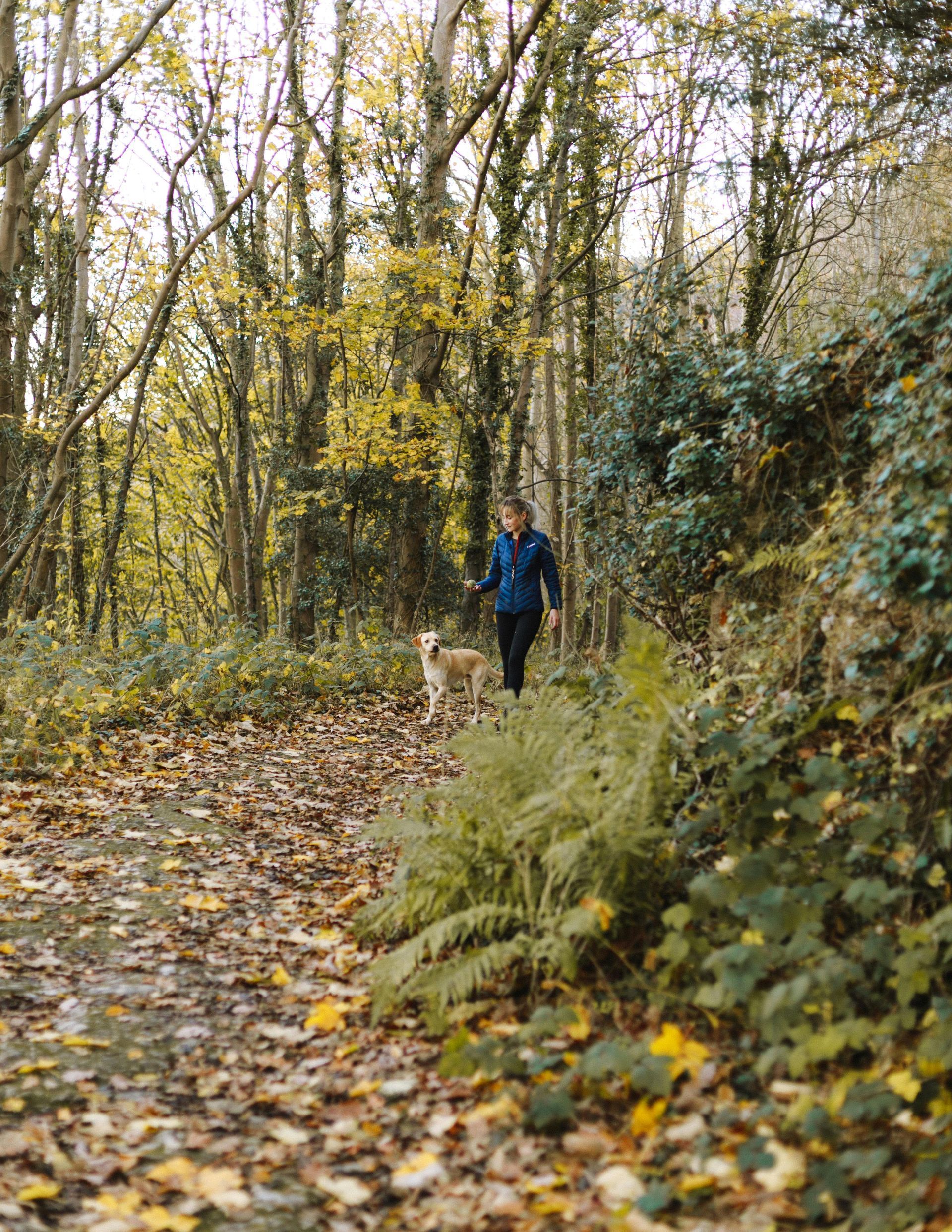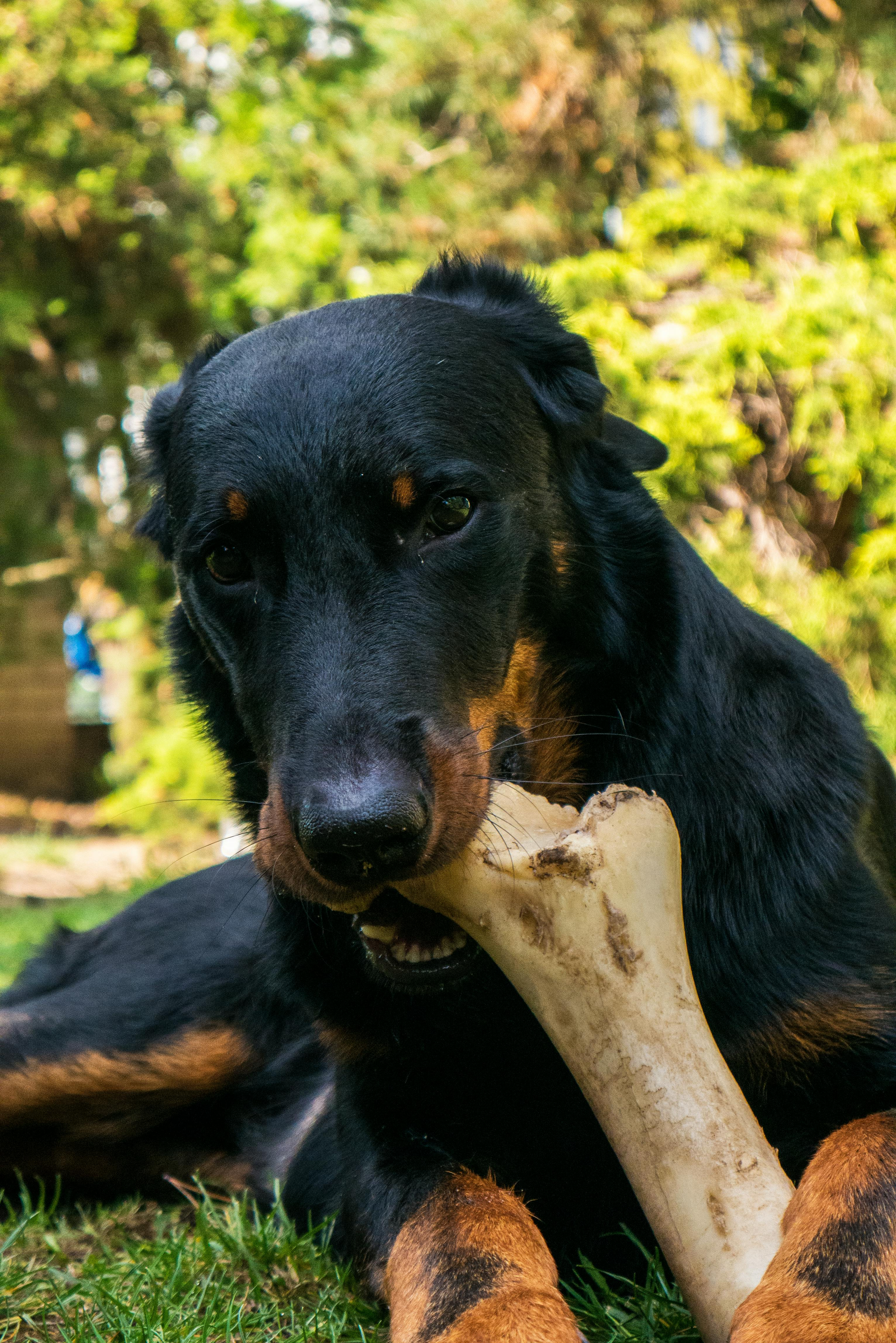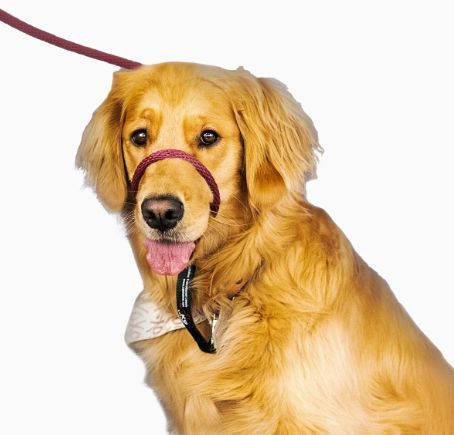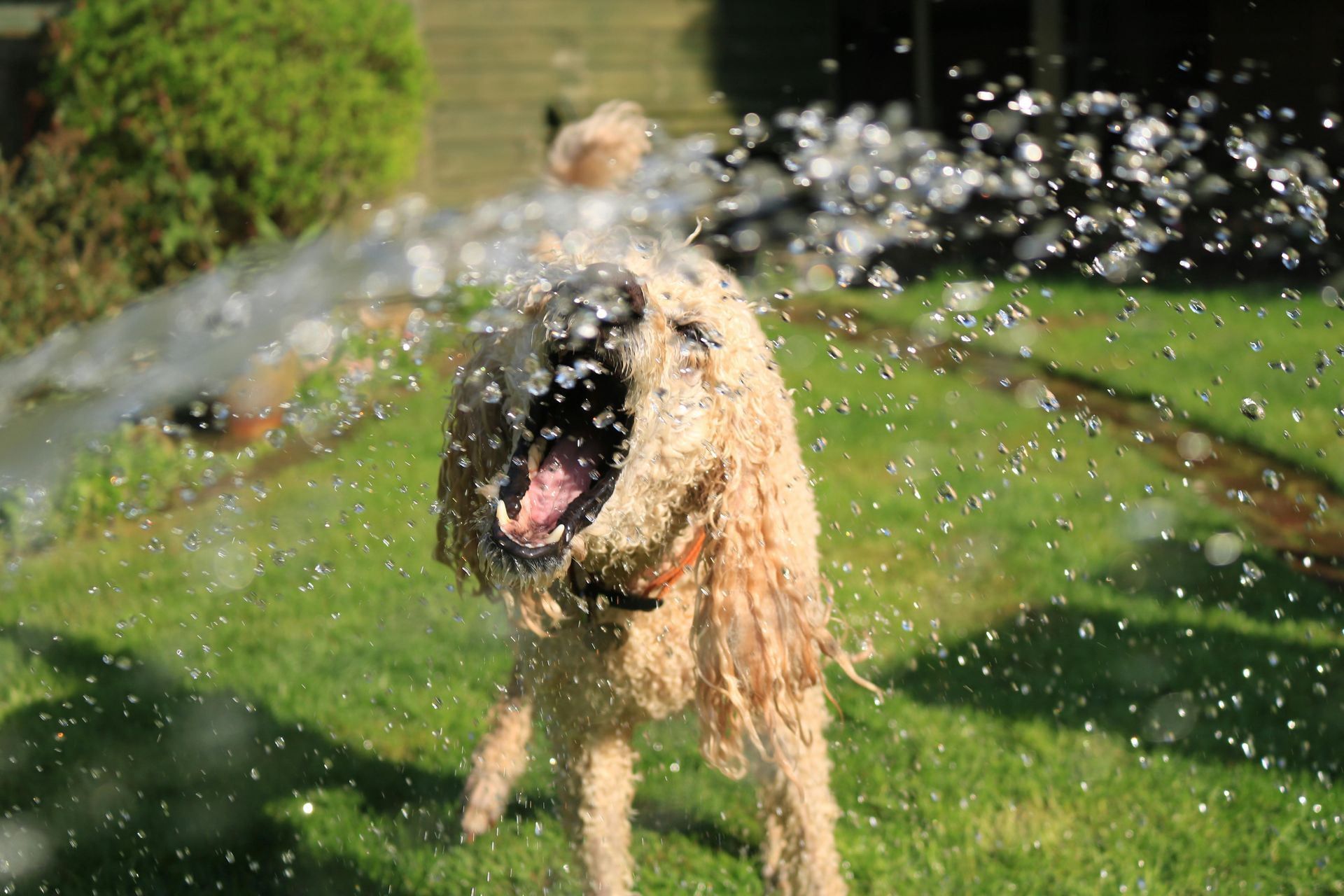Woof Woof Woof! Don't Forget Fido's Fangs
A Guide to Dog Dental Care
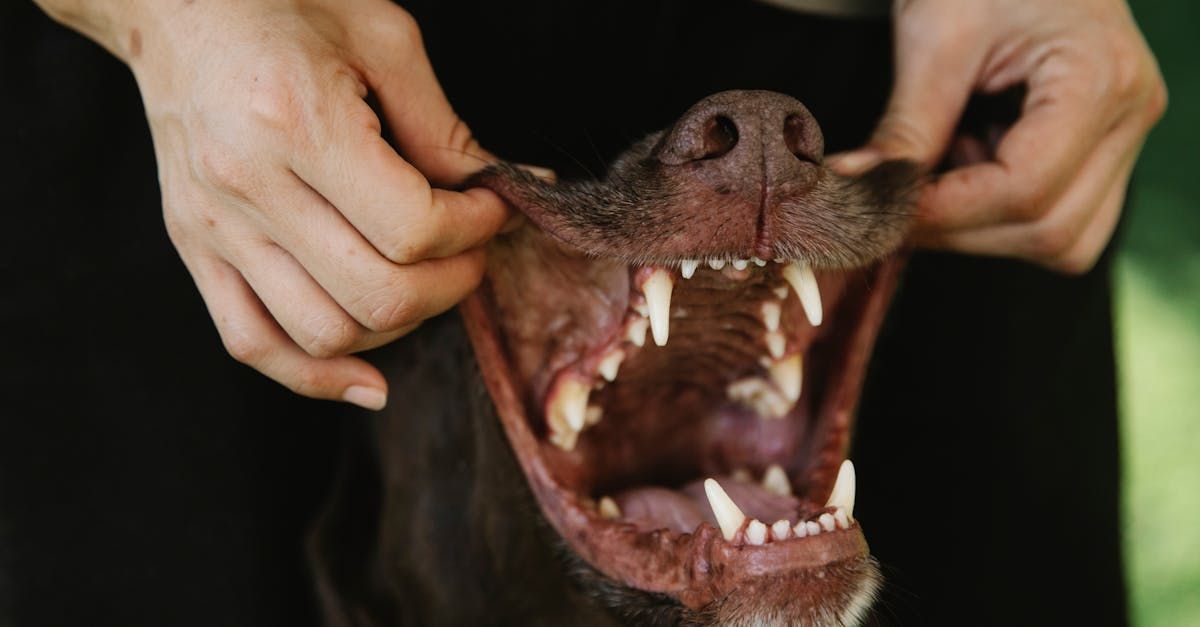
We all love our dog's slobbery kisses, but what about their dental health? Just like us, pups need regular dental care to maintain good overall health. Poor dental hygiene can lead to a number of problems in dogs, including bad breath, tooth pain, and even serious infections.
The good news is there's a lot you can do to keep your furry friend's mouth healthy and happy. Here's a guide to get you started:
Brushing Your Dog's Teeth:
This might sound strange, but brushing your dog's teeth is the gold standard for dental care. There are dog-specific toothbrushes and toothpaste available (human toothpaste is a no-no!), and getting your pup used to brushing can be a bonding experience. Start slow, letting them get used to the taste of the toothpaste and the feeling of the brush. Even if you can only manage a quick brush a few times a week, it's better than nothing!
Dental Treats and Chews:
There are a variety of dental treats and chews available that can help remove plaque and tartar buildup. Look for treats that have the Veterinary Oral Health Council (VOHC) seal of approval, which means they've been shown to be effective for dental health. These can be a great alternative to brushing, but remember they shouldn't be a total replacement.
Dental Diets:
Some dog foods are specifically formulated to promote dental health. These kibbles often have a special texture that helps scrape plaque off teeth as your dog chews. Talk to your veterinarian about whether a dental diet might be a good option for your pup.
Regular Vet Checkups:
Just like you, your dog should have regular checkups with the veterinarian. These checkups will include a dental exam, where the vet can check for any signs of problems and recommend further treatment if needed. Professional cleanings under anesthesia may be necessary to remove tartar buildup and prevent periodontal disease.
Warning Signs of Dental Problems:
Here are some signs that your dog might have dental problems:
- Bad breath
- Yellow or brown teeth
- Bleeding gums
- Difficulty chewing
- Pawing at the face
If you notice any of these signs, be sure to schedule an appointment with your veterinarian.
Keeping Your Dog's Smile Sparkling
By following these tips, you can help keep your dog's teeth healthy and prevent dental problems down the road. Remember, a healthy mouth is a happy mouth, and a happy mouth means more smiles (and slobbery kisses) from your furry best friend! For more information on dog dental care, consult your veterinarian. For products to get you started, stop by our store.


